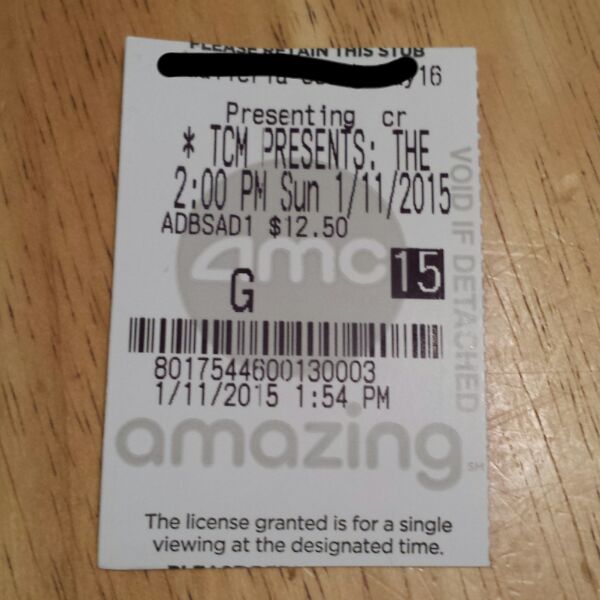With Jessica Jones and Star Wars: The Force Awakens both out, it’s hard not to compare Kilgrave’s power to Jedis’ ability to influence minds. But while we admire “You don’t need to see our identification” and laugh at “Republic credits will be fine,” Kilgrave is terrifying.
It’s not just that Jedi are compassionate and Kilgrave is a total sociopath with no regard for human life who would casually make someone kill or maim themselves just because he was having a bad day. Darth Vader is just as ruthless, but doesn’t bother with the technique (in the films, at least).
It’s that the “Jedi mind trick” is explicitly shown to be limited. It’s used rarely, and only for specific commands. The first time we see it used in A New Hope, Obi-Wan Kenobi describes it as “influence” rather than control and specifically says it only works on “the weak-minded.” Willpower is sufficient to guard against it. In Return of the Jedi, Jabba the Hutt even laughs it off when Luke tries to use it on him. The only time we see any sort of long-term suggestion it’s to “go home and rethink your life.” Presumably the dealer in Attack of the Clones will be in full command of his own faculties by then, having simply been prompted to start the soul-searching.
Kilgrave, however? His commands are absolute. No matter how hard you prepare mentally, no matter how strong your will, no matter whether your actions would go against your principles, or hurt you, or hurt someone else — even someone you care about — you do it. Immediately. None of the usual trying to stop your hand from moving that you see in a lot of movies where a mind-controlling character shows up. No apparent strain on his part to keep controlling you. Implanted commands can last for hours, and he can renew his control over and over as long as he wants to.
That’s scary enough right there. Putting that level of power in the hands (well, voice) of someone who sees other people as merely tools and playthings, and whose only behavioral boundaries consist in covering his own tracks? That’s nightmare-level stuff.
Think about it this way: Emperor Palpatine spent decades manipulating key people across a galaxy into putting him in a position of absolute control over thousands of worlds. Put him in a room with Kilgrave and he wouldn’t stand a chance.


 I’ve been catching up on last year’s movies. I finally saw Frozen last week, which prompted me to track down the soundtracks to both that movie and Tangled (
I’ve been catching up on last year’s movies. I finally saw Frozen last week, which prompted me to track down the soundtracks to both that movie and Tangled (